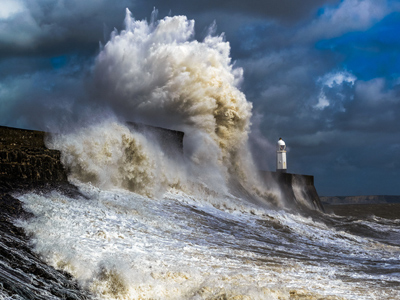
Sustainable Resources
Globalisation and an ever increasing world population has led to an increase in the demand for resources. Some of these are renewable, some are non-renewable and others are sustainable. For your GCSE, sustainability crops up throughout the course so you need to know some examples of sustainable resources and sustainable practices.
At a basic level, humans need food, clean water, shelter and clothing. Food and clean water are both renewable and sustainable resources. They will renew themselves without human intervention, however, in areas of high population, human intervention is required. Shelter and clothing can be made from sustainable and renewable resources. But once we start to use mineral resources such as metals and fossil fuels, then we are using non-renewable resources which will eventually run out.
Ready for more?
not all...
quizzers. Try to win a coveted spot on our Hall of Fame Page.







